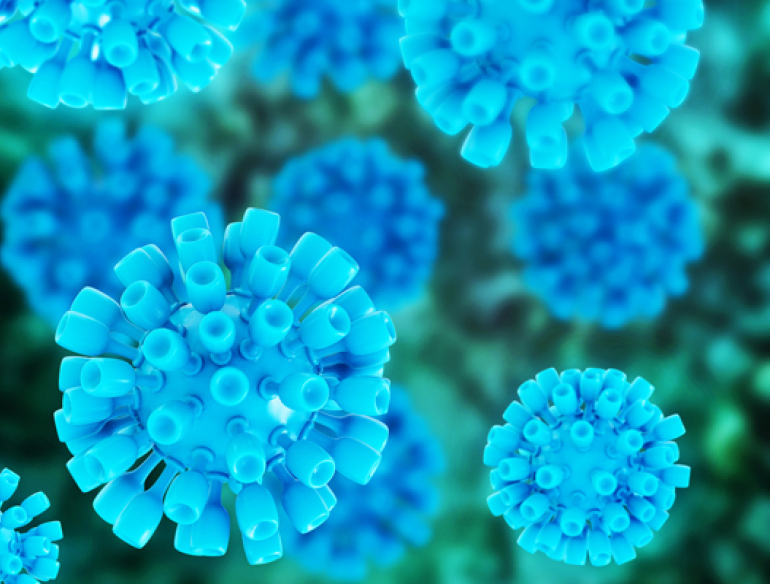The Kirby Institute at UNSW Australia has been awarded over AUD $4.5 million by the United States National Institute of Health to conduct the largest international study of newly available, directly acting antiviral drugs for recently acquired hepatitis C virus infection. The study will investigate the most effective and efficient strategies for treating hepatitis C with these highly effective drugs.
Hepatitis C infections among young people who inject drugs and HIV positive people are increasing in many high income countries, including in Australia. Early engagement, testing and treatment in these populations has the potential to limit transmission.
“We will soon have access to highly effective drugs for the treatment of chronic hepatitis C infection, but we want to know more about the effectiveness of these drugs in people with recently acquired hepatitis C infection, as well as the impact of adherence, risk behaviour and potential for subsequent reinfection,” says Associate Professor Gail Matthews, chief investigator of study. “These new treatments can be very effective at curing people with chronic hepatitis C when taken over 12 weeks. In this study we want to find out whether we can halve the treatment time among people who have recently acquired hepatitis C, while still achieving the same results. This understanding is crucial in order to prevent ongoing transmission of hepatitis C and to enhance the cost-effectiveness of treatment.”
The study will draw on the expertise of a unique international collaboration of investigators (termed the REcently ACquired HCV Trials (REACT) network). 250 participants with recent hepatitis C infection will be enrolled from eight countries to evaluate the effectiveness of short course therapy with the most effective directly acting antiviral combinations.
Participants will be monitored and followed up two years after treatment. Serum and cells will be stored throughout the study to allow assessment of immunological responses to hepatitis C following treatment within the first year of infection and to gain unique insights into the immune response surrounding hepatitis C clearance and reinfection.
Findings from this project will provide recommendations to guide clinicians and public health policy in the effective management of HIV positive and negative individuals and populations at risk for, or recently infected with hepatitis C.
Contact
Luci Bamford
Phone
+61432 894 029
